Richard Hickox - Britten, Finzi, Holst: Works for chorus & orchestra (2013)
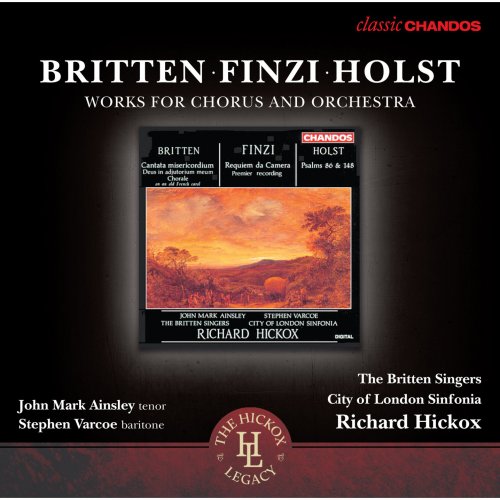
Artist: Richard Hickox
Title: Britten, Finzi, Holst: Works for chorus & orchestra
Year Of Release: 2013
Label: Chandos
Genre: Classical
Quality: FLAC (tracks)
Total Time: 01:07:30
Total Size: 250 Mb
WebSite: Album Preview
Tracklist: Title: Britten, Finzi, Holst: Works for chorus & orchestra
Year Of Release: 2013
Label: Chandos
Genre: Classical
Quality: FLAC (tracks)
Total Time: 01:07:30
Total Size: 250 Mb
WebSite: Album Preview
Requiem da Camera (Gerald Finzi)
1. I. Prelude. Slow - Appassionata (Arr. P. Thomas for voice and orchestra) 05:55
2. II. How still This quiet cornfield Is tonight! (Arr. P. Thomas for voice and orchestra) 09:22
3. III. Only a man harrowing clods (Arr. P. Thomas for voice and orchestra) 04:00
4. IV. We who Are left, how shall we look again (Arr. P. Thomas for voice and orchestra) 04:32
Psalm 70, 'Deus in adjutorium meum intende' (Benjamin Britten)
5. Deus in adjutorium meum intende, "Psalm 70"Britten Singers 05:21
Chorale after an Old French Carol (Benjamin Britten)
6. Chorale after an Old French Carol 05:07
Cantata misericordium, op. 69 (Benjamin Britten)
7. Beati misericordes 03:57
8. Iesu parabola iam nobis fiat fabula 04:14
9. Bono nunc animo es, viator 02:01
10. En alter in conspectum venit 01:48
11. Ecce, tertius apparet 07:43
2 Psalms (Gustav Holst)
12. Psalm 86, "to my humble supplication"John Alley 08:29
13. Psalm 148, "Lord, Who hast made us for thine own"John Alley 05:01
Performers:
Alison Barlow (soprano)
John Mark Ainsley (tenor)
David Hoult (baritone)
Stephen Varcoe (baritone)
John Alley (organ)
The Britten Singers
City of London Sinfonia
Richard Hickox
Gerald Finzi dedicated his Requiem da camera (1924) to the memory of his teacher, Ernest Farrar, who was killed on active service in September 1918. Finzi was devastated by the loss, and here in the second and fourth movements, in particular, he offers his own sedate impression of the war, in which ploughboys-turned-soldiers glimpse their last of England before the music, landscape, and innocence are lost in the gathering darkness. Finzi later rewrote the third movement, but the instrumentation of the new version was left incomplete. With the blessing of the Finzi family, the orchestration was completed by Philip Thomas on the basis of extensive surviving sketches, and the complete work was first performed in 1990.
Also on this disc are three works by Benjamin Britten. In Deus in adjutorium meum, the composer sets Psalm 70 in Latin for unaccompanied mixed voices. The work was written for the 1945 production of Ronald Duncan’s play This Way to the Tomb. During the 1980s, many short pieces which Britten had originally written as part of his extensive music for radio and theatre, and which were subsequently forgotten, reclaimed their place in the limelight. The Chorale after an Old French Carol is one such work, the words deriving from A Christmas Oratorio which W.H. Auden had written for Britten to set. Cantata misericordium marked Britten’s fiftieth year, Britten premiering it in 1963.
Gustav Holst wrote Psalm 86 and Psalm 148 in 1912 before he achieved his breakthrough as a composer. As Director of Music at the St Paul’s Girls School, Holst wrote this work for the inauguration of the school’s new organ in 1910, using a favourite hymn tune from Cölner Gesangbuch of 1623, set to a Biblical paraphrase of Psalm 148.
Hi-Fi News wrote of this disc when first released: ‘The choice of a small choir gives these pieces a sense of intimacy and yet one of intensity; there’s a feeling that Richard Hickox had inspired everyone to enthusiasm for his mixed programme.’
Also on this disc are three works by Benjamin Britten. In Deus in adjutorium meum, the composer sets Psalm 70 in Latin for unaccompanied mixed voices. The work was written for the 1945 production of Ronald Duncan’s play This Way to the Tomb. During the 1980s, many short pieces which Britten had originally written as part of his extensive music for radio and theatre, and which were subsequently forgotten, reclaimed their place in the limelight. The Chorale after an Old French Carol is one such work, the words deriving from A Christmas Oratorio which W.H. Auden had written for Britten to set. Cantata misericordium marked Britten’s fiftieth year, Britten premiering it in 1963.
Gustav Holst wrote Psalm 86 and Psalm 148 in 1912 before he achieved his breakthrough as a composer. As Director of Music at the St Paul’s Girls School, Holst wrote this work for the inauguration of the school’s new organ in 1910, using a favourite hymn tune from Cölner Gesangbuch of 1623, set to a Biblical paraphrase of Psalm 148.
Hi-Fi News wrote of this disc when first released: ‘The choice of a small choir gives these pieces a sense of intimacy and yet one of intensity; there’s a feeling that Richard Hickox had inspired everyone to enthusiasm for his mixed programme.’
DOWNLOAD FROM ISRA.CLOUD
Richard Hickox Britten Finzi Holst Works for chorus & orchestra 13.rar - 250.6 MB
Richard Hickox Britten Finzi Holst Works for chorus & orchestra 13.rar - 250.6 MB
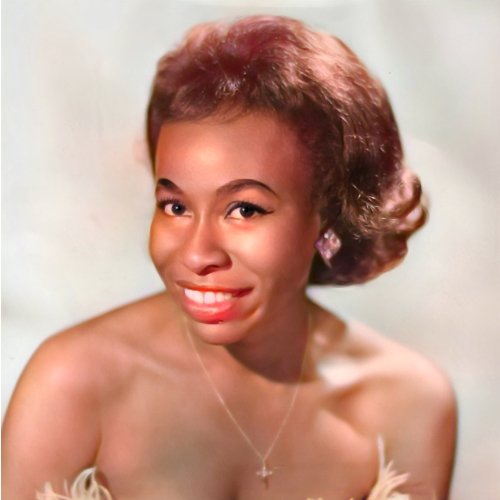
![Dave Holland - Emerald Tears (1977/2025) [Hi-Res] Dave Holland - Emerald Tears (1977/2025) [Hi-Res]](https://www.dibpic.com/uploads/posts/2025-12/1765891427_cover.jpg)
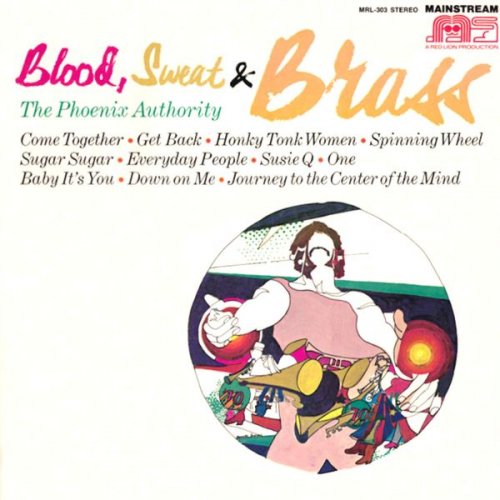
![Eshon Burgundy - Safe Place (Bossa Nova Jazz) (2025) [Hi-Res] Eshon Burgundy - Safe Place (Bossa Nova Jazz) (2025) [Hi-Res]](https://www.dibpic.com/uploads/posts/2025-12/1766079194_cover.jpg)
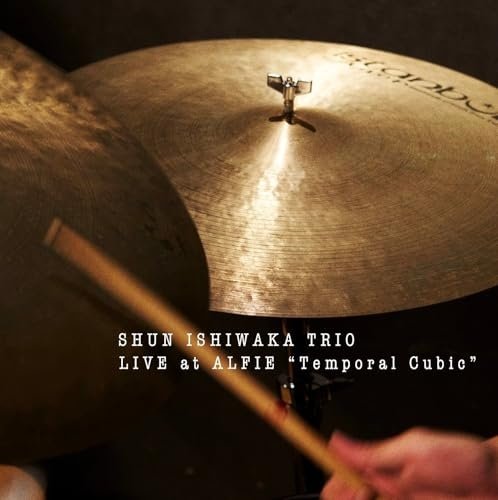
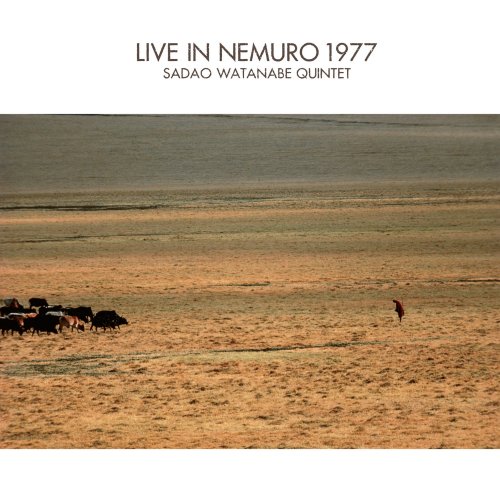

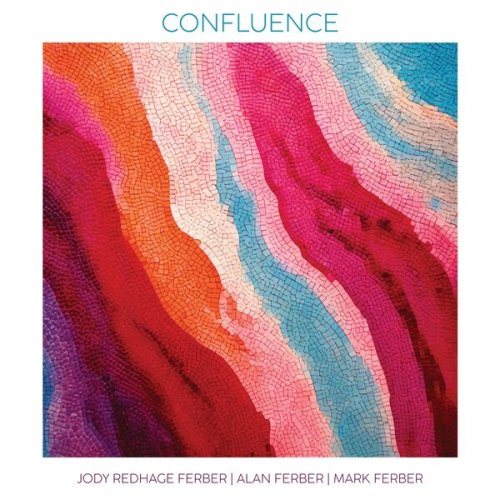
![Rachel Kitchlew, SFJ - Flirty Ghost (2025) [Hi-Res] Rachel Kitchlew, SFJ - Flirty Ghost (2025) [Hi-Res]](https://www.dibpic.com/uploads/posts/2025-12/1765896408_qvf41hr1ljj8a_600.jpg)